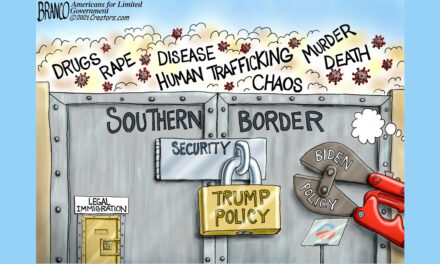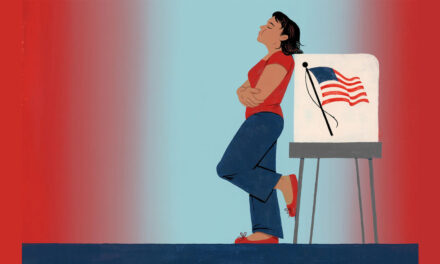
New Study: Minimum Wage Hikes = Fewer Jobs
A new study from the National Bureau of Economic Research (NBER) shows the devastating impact an increase in minimum wage can have on workers.
The report reveals that higher wage spikes in the past have only led to fewer jobs. Specifically, this had a detrimental impact on low-skill workers. From 1980 to 2015, an $1 an hour increase in minimum wage influenced a .43% decline in automatable jobs, which the MIT Technology Review said that this translates to “millions of jobs across the entire U.S. economy.”
“Based on [current population survey] data from 1980-2015, we find that increasing the minimum wage decreases significantly the share of automatable employment held by low-skilled workers, and increases the likelihood that low-skilled workers in automatable jobs become unemployed,” write the report authors.
Although the federal wage has remained at $7.25 since 2009, 30 states now have higher minimum wage laws.
Seattle’s minimum wage hike, for example, has forced businesses to cut wages and hours.
“Using a variety of methods to analyze employment in all sectors paying below a specified real hourly rate, we conclude that the second wage increase to $13 reduced hours worked in low-wage jobs by around 9 percent, while hourly wages in such jobs increased by around 3 percent,” writes the authors of another NBER study. “Consequently, total payroll fell for such jobs, implying that the minimum wage ordinance lowered low-wage employees’ earnings by an average of $125 per month in 2016. Evidence attributes more modest effects to the first wage increase.”
Ultimately, higher wages are pushing businesses to turn to automation technologies sooner than later.
Several fast food chains like Wendy’s and Panera Bread are investing in digital kiosks to take customers’ orders. Robots are being tested to flip burgers. Amazon plans to offer an “employee-less” grocery store with its technology-focused Amazon Go stores.
“Experts predict this trend will speed up over the coming years and decades. According to a recent study by consultancy firm PricewaterhouseCoopers, 40 percent of jobs in the U.S. are at a high risk of being taken over by robots by 2030. In the U.K., some 30 percent of jobs are vulnerable, while Germany and Japan could lose 35 percent and 21 percent, respectively,” writes Futurism.
Opponents of minimum wage spikes argue that a forced increase in worker’s wage will only thrust companies into investing in automation quicker to replace some of its pricier employees.
Sadly, minimum wage hikes, which are being put in place to improve workers’ quality life, only end up hurting low-wage employees. Not to mention, minorities are often the first to be laid off.
One of three young African Americans works in the restaurant industry. “African-American teens working in that highly-competitive industry with its narrow profit margins should know that their job is on shaky ground when the minimum wage rises,” wrote BET back in 2011.
Author’s note: This is just another report proving what we knew would happen all along. Why isn’t the media covering the negative effects on the minimum hikes more? Workers need to know the truth about what they may be in support of. These reports may change their minds.

























If ya'll say so, E.D., then it must be so. MSNBC vs PBP challenge and compare. Scandals, they pop up…
Whoops, I meant Robert.
I was referring to Roger being mentally unhinged. He's the one that was ranting. Hell, I support Trump. I don't…
Your daughter
I noted in another post that if I were king of the forest....... I would pardon all the non-violent 1/6…